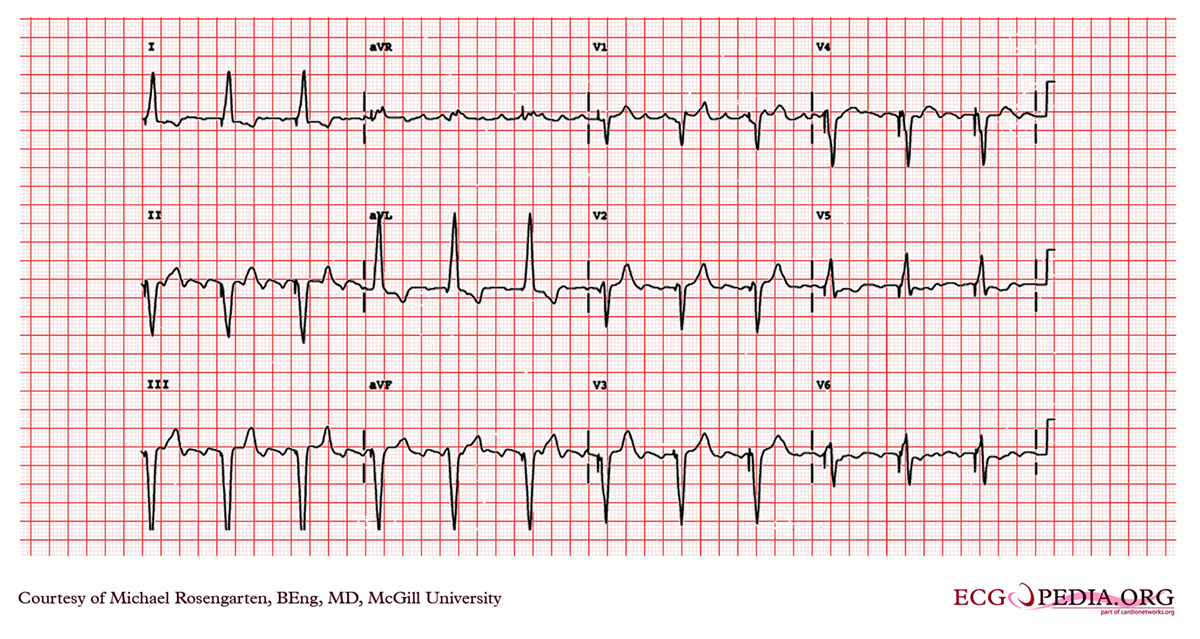
The heart is our vital organ. It is the part of the circulatory system along with the blood vessels and blood. The main role of the heart is to pump the blood so that the blood could be transported everywhere in the body. The blood contains essential nutrients and oxygen, which is necessary for the body cells functioning. However, our heart can be affected by many disorders. It can be so affected and damaged that it is no more able to pump the blood. In such case, the organs do not receive enough supply of the necessary blood and cardiogenic shock occurs.
Causes of cardiogenic shock
This condition occurs every time the heart, due to various reasons, is incapable to pump the sufficient blood for the body’s needs. Cardiogenic shock can be caused by any serious heart complication. In the majority of cases, the heart complications usually occur before or after myocardial infarction, or popularly known heart attack.
When a large part of the heart is not able to move any more, or when the heart is ruptured as the result of a heart attack, it has the difficulty to pump enough blood and cardiovascular shock occurs. Furthermore, ventricular tachycardia, ventricular fibrillation, or supraventricular tachycardia, as well as very slow heart rhythm called bradycardia, may also lead to the occurrence of cardiogenic shock. Tear or rupture of the mitral valve or septum can cause this condition. Mitral valve is the valve between the atria and the ventricles, while septum is between the left and right ventricles.
Symptoms of cardiogenic shock
The most common symptoms of this disorder are the pain or the pressure in the chest, rapid breathing and rapid pulse, as well as shortness of breath. Moreover, the people with this condition may experience excessive sweating, cool skin, confusion, inattentiveness and agitation. In some people, the skin may turn pale or become blotchy or mottled. In certain severe cases, even loss of consciousness and coma mayoccur.
Treatment of cardiogenic shock
Cardiogenic shock is a very serious condition and should be treated immediately. When one notices some of the above mentioned symptoms, it is extremely important to go to a doctor right away. When the condition is diagnosed, the patient must be hospitalized. To successfully treat cardiogenic shock, it is necessary to detect the underlying cause and eliminate it. As for the medication, the patient is given those that raise the blood pressure, such as dopamine, dobutamine, epinephrine andnorepinephrine. After that, there are many treatments that are possible, but the choice depends on the cause.


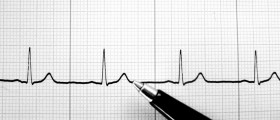




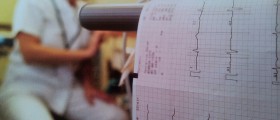
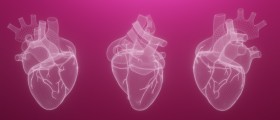


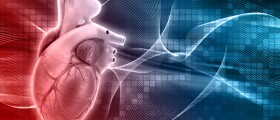
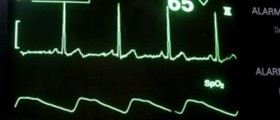


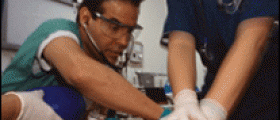

Your thoughts on this
Loading...